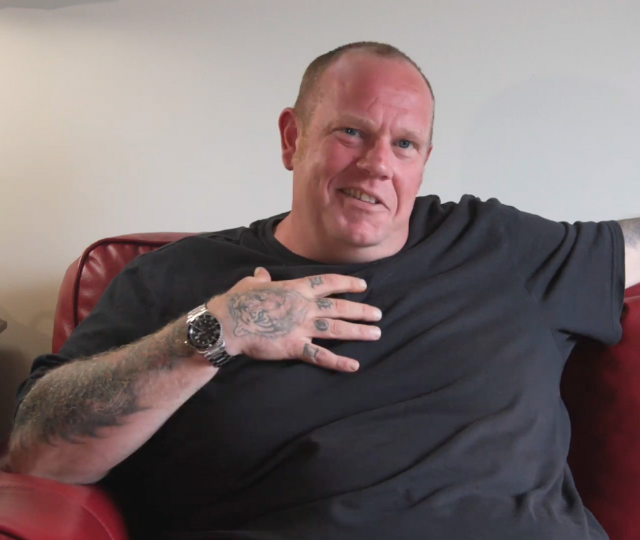Discover the impacts of alcohol use
Alcohol use can become a health condition with intense cravings, a compulsion to drink and a lack of control—even if that means negative consequences to your health and/or losing personal, family and work connections.














